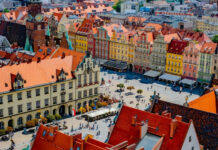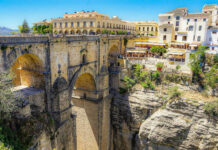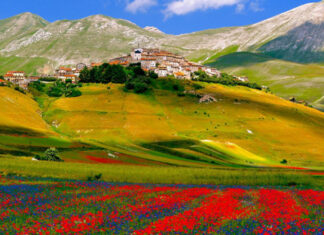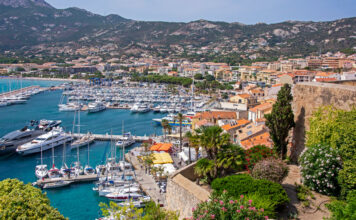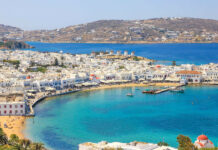Acropolis, Athens
 The iconic Acropolis in Athens stands as the epitome of ancient Greek civilization. A UNESCO World Heritage Site since 1987, the Acropolis comprises a collection of ancient structures, the most notable being the Parthenon, a temple dedicated to the goddess Athena. The Acropolis is a testament to classical Greek architecture and is a symbol of the birthplace of democracy.
The iconic Acropolis in Athens stands as the epitome of ancient Greek civilization. A UNESCO World Heritage Site since 1987, the Acropolis comprises a collection of ancient structures, the most notable being the Parthenon, a temple dedicated to the goddess Athena. The Acropolis is a testament to classical Greek architecture and is a symbol of the birthplace of democracy.
Delphi
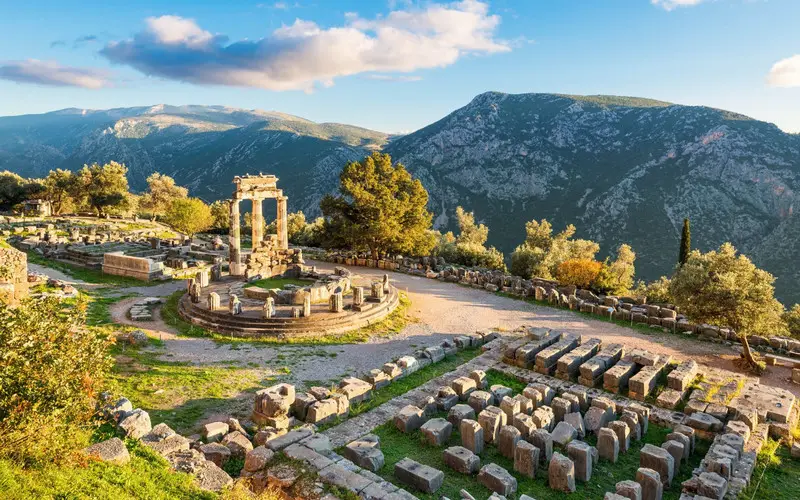 Nestled on the slopes of Mount Parnassus, Delphi was considered the center of the world in ancient Greek religion and mythology. Designated a UNESCO World Heritage Site in 1987, Delphi is home to the Temple of Apollo, the ancient theater, and the Tholos of Delphi. The site was a sanctuary and oracle, drawing pilgrims from across the ancient world seeking guidance.
Nestled on the slopes of Mount Parnassus, Delphi was considered the center of the world in ancient Greek religion and mythology. Designated a UNESCO World Heritage Site in 1987, Delphi is home to the Temple of Apollo, the ancient theater, and the Tholos of Delphi. The site was a sanctuary and oracle, drawing pilgrims from across the ancient world seeking guidance.
Meteora
 Meteora, a geological wonder, is a complex of monasteries perched atop towering rock pillars in central Greece. Designated a UNESCO World Heritage Site in 1988, Meteora’s monasteries, built between the 14th and 16th centuries, offer breathtaking views and exemplify the harmony between nature and human ingenuity.
Meteora, a geological wonder, is a complex of monasteries perched atop towering rock pillars in central Greece. Designated a UNESCO World Heritage Site in 1988, Meteora’s monasteries, built between the 14th and 16th centuries, offer breathtaking views and exemplify the harmony between nature and human ingenuity.
Olympia
 The birthplace of the Olympic Games, Olympia is a significant archaeological site in Greece. Designated a UNESCO World Heritage Site in 1989, Olympia boasts ancient structures like the Temple of Zeus and the original Olympic stadium. Visitors can immerse themselves in the historic ambiance of the Games, which held immense cultural and religious importance in ancient Greece.
The birthplace of the Olympic Games, Olympia is a significant archaeological site in Greece. Designated a UNESCO World Heritage Site in 1989, Olympia boasts ancient structures like the Temple of Zeus and the original Olympic stadium. Visitors can immerse themselves in the historic ambiance of the Games, which held immense cultural and religious importance in ancient Greece.
Mycenae and Tiryns
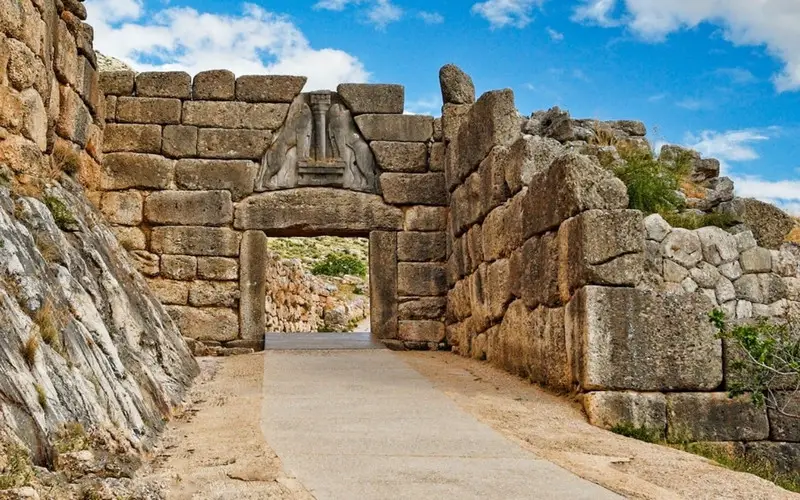 Mycenae and Tiryns, located in the Peloponnese, are ancient archaeological sites that were once powerful centers of the Mycenaean civilization. Designated UNESCO World Heritage Sites in 1999, these sites feature impressive cyclopean walls, palaces, and tombs, providing a glimpse into the sophisticated society of the Mycenaeans during the Bronze Age.
Mycenae and Tiryns, located in the Peloponnese, are ancient archaeological sites that were once powerful centers of the Mycenaean civilization. Designated UNESCO World Heritage Sites in 1999, these sites feature impressive cyclopean walls, palaces, and tombs, providing a glimpse into the sophisticated society of the Mycenaeans during the Bronze Age.
Archaeological Site of Epidaurus
 Known for its well-preserved ancient theater, the Archaeological Site of Epidaurus is a testament to ancient Greek architectural and engineering prowess. Designated a UNESCO World Heritage Site in 1988, the site includes the Sanctuary of Asklepios and the Epidaurus Theater, known for its exceptional acoustics that continue to captivate visitors.
Known for its well-preserved ancient theater, the Archaeological Site of Epidaurus is a testament to ancient Greek architectural and engineering prowess. Designated a UNESCO World Heritage Site in 1988, the site includes the Sanctuary of Asklepios and the Epidaurus Theater, known for its exceptional acoustics that continue to captivate visitors.
Mount Athos
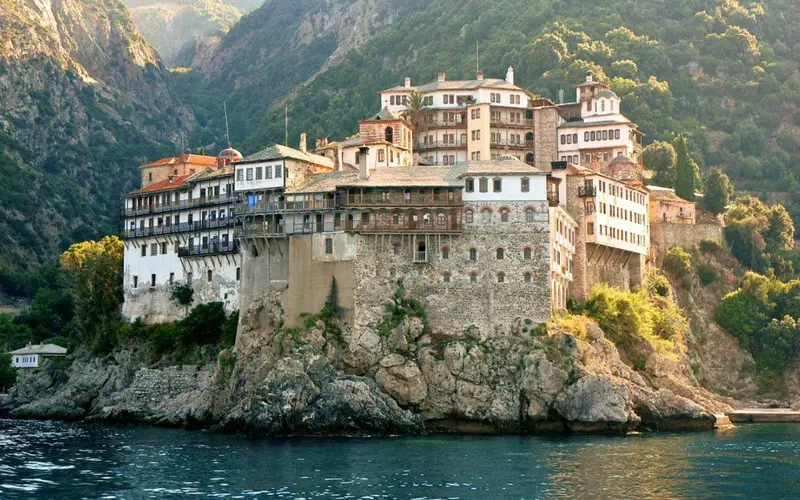 A monastic community like no other, Mount Athos is a UNESCO World Heritage Site that hosts 20 Eastern Orthodox monasteries. Designated in 1988, Mount Athos is a self-governed monastic state where only male visitors are allowed. The monasteries, perched on the rugged cliffs, house a wealth of religious treasures, including manuscripts, icons, and artifacts.
A monastic community like no other, Mount Athos is a UNESCO World Heritage Site that hosts 20 Eastern Orthodox monasteries. Designated in 1988, Mount Athos is a self-governed monastic state where only male visitors are allowed. The monasteries, perched on the rugged cliffs, house a wealth of religious treasures, including manuscripts, icons, and artifacts.

